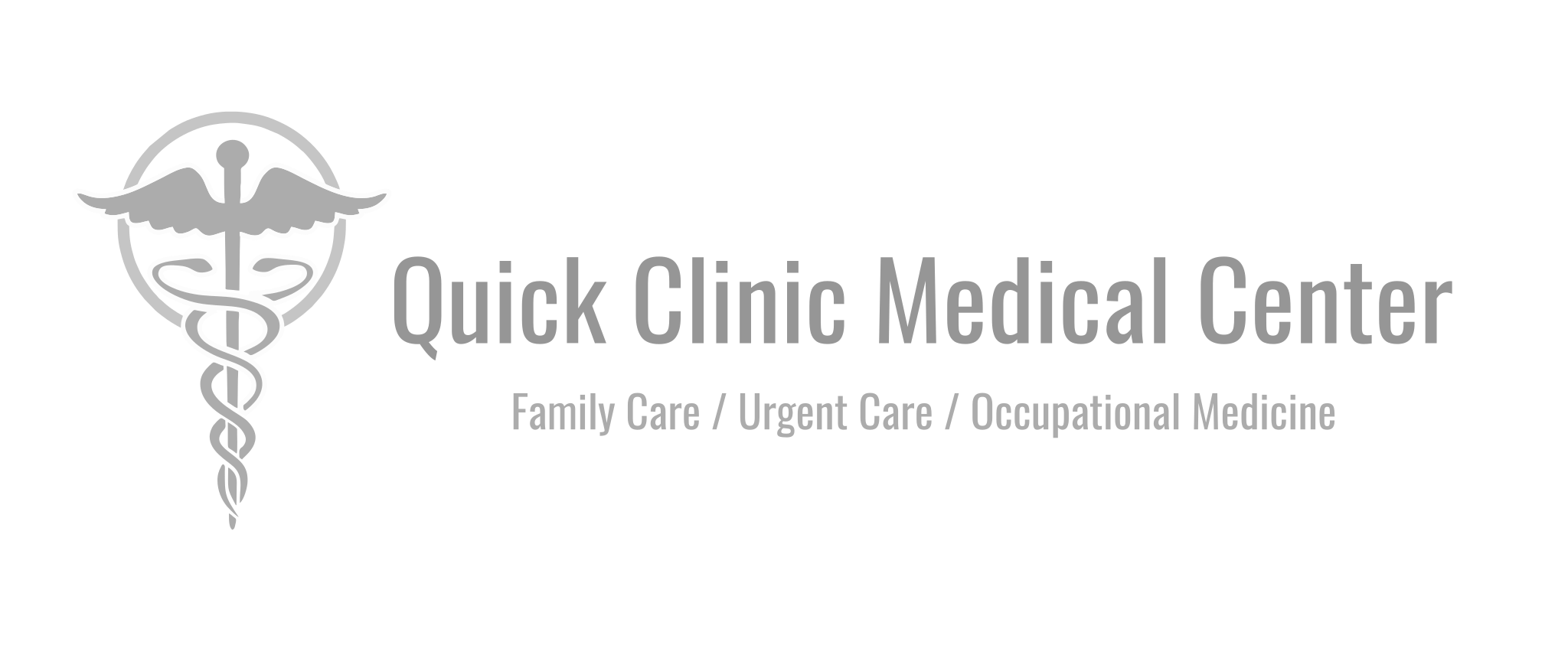Before your cherished one can start ABA treatment, they should get an authority mental imbalance determination from a laid out proficient. Tragically, numerous families are deterred to find that sitting tight records for this cycle frequently require a very long time to years to finish without the right organization. We at Texas ABA Centers know how important early intervention is and make sure the testing, screening, and diagnosis process happens quickly so you can start right away.
Autism Diagnosis and Testing for ASD
Autism Diagnosis / Autism Testing
Our Autism Screening And Evaluation in Four Simple Steps
- Reach Out – Call us for a preliminary consultation to discuss options for autism testing. Here, you can express your concerns and critical questions to one of our specialists and explain your unique situation. We will also verify your insurance coverage to determine your benefits and explore available appointments that work around your schedule.
- Initial Evaluation – During this appointment, our clinicians will meet with you and your child to perform a series of play-based tests, such as the Autism Diagnostic Observation Schedule (ADOS-2). Our clinicians will administer these tests in an inviting and friendly setting to ensure optimal comfort. Typically, this process takes anywhere from two to four hours to complete.
- Data Analysis and Critical Review – After we’ve completed the initial evaluation, our specialists will take time to analyze and review the data results. We use this data to consider patterns and objectives to understand where your child is developmentally and where they may require extra support. Generally, this process can take between one to two weeks.
- Diagnosis and Report – The autism diagnosis process ends with a follow-up appointment where we provide you with a written report of our findings. Based on this report and our evidence-based approach, we will highlight whether our determinations yielded a formal autism diagnosis. If so, we will provide therapy recommendations and explain the next steps. We take our time and extra care when discussing these results, ensuring you and your loved ones feel comfortable and that we’ve answered all your questions.
Autism Testing: How a Diagnosis Happens

Autism Testing Methods
We employ various autism testing methods to diagnose autism, which include but are not limited to:
- The Mental imbalance Indicative Perception Timetable (ADOS-2) – This dissects your youngster’s examples and intently analyzes their monotonous ways of behaving, correspondence, play, and interactive abilities.
- The Revised Autism Diagnostic Interview – We will talk to you to learn more about your concerns and your child’s behavior.
- The Youth Chemical imbalance Rating Scale, Second Release – This 15-question test assists us with deciding if your youngster might have a condition other than mental imbalance. Since ways of behaving saw in mental imbalance can likewise happen in various circumstances, for example, ADHD, this test is an essential piece of the finding system.
- any additional tests that involve your child’s motor skills, problem-solving abilities, language skills, hearing, and vision in order to clarify a diagnosis.
-
I actually felt as if I was staying at a hotel of good reputation. Everyone was extremely friendly amd professional. This was the cleanest medical establishment I've ever been in.
-
Prior to my stay at Medicenter, I was aware of their stellar reputation and multiple friends commented about how lucky I was to have my surgery scheduled there. As a result my expectations were high and yet the kind and professional staff surpassed them.
-
I was very pleased with my stay at Medicenter. The care that I was given by the nursing staff was as if I was one of their family members.
-
The mind has great influence over the body, and maladies often have their origin there.
© 2020 . Quick Clinic Medical | All rights reserved.
